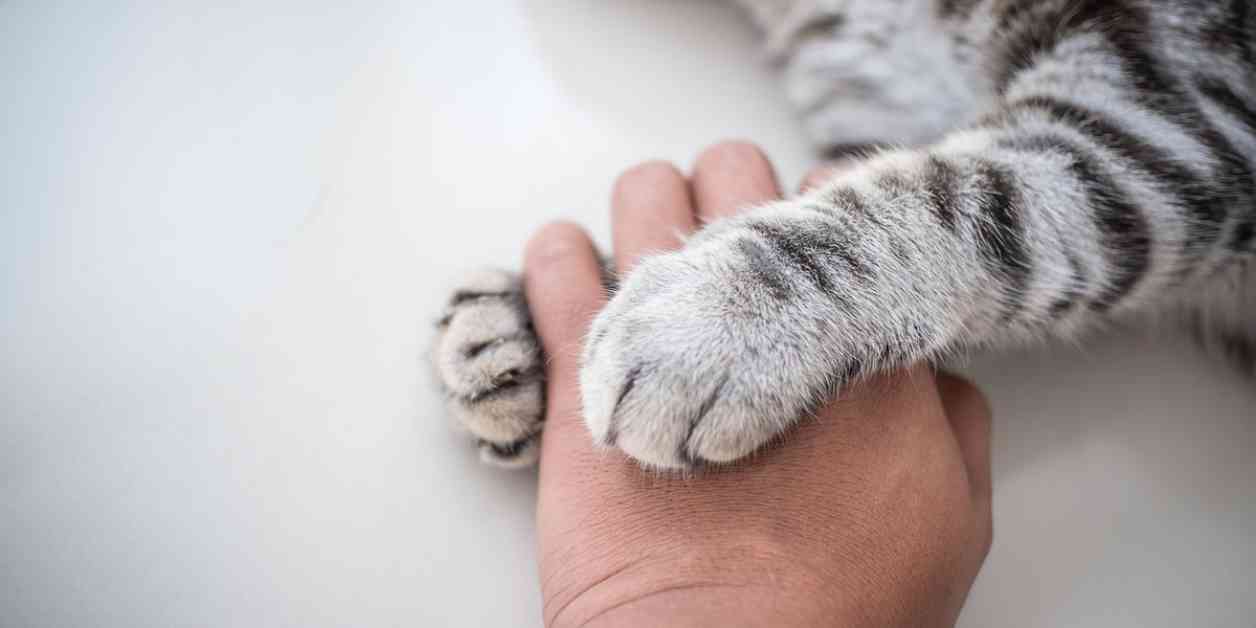Cats Experience Grief Similar to Dogs, Study Shows
A new study has shed light on the emotional intelligence of our feline companions, revealing that cats grieve the loss of a fellow pet in the family much like dogs do. The research, published in Applied Animal Behaviour Science, challenges the common misconception that cats are aloof and unemotional creatures.
According to the study, over 400 pet owners were surveyed about their cats’ behavior following the death of another animal in the household. The findings showed that cats exhibited signs of mourning, such as a decrease in their usual activities like playing, sleeping, and eating. This behavior was more pronounced in cats who had strong bonds with the deceased animal, indicating a sense of loss and sadness.
Human Contact as a Coping Mechanism
One of the most significant findings of the study was the increased desire for human contact observed in grieving cats. Similar to dogs, cats sought comfort and attention from their owners in the aftermath of a pet’s death. This behavior suggests that cats may rely on human relationships for emotional support during times of grief.
Jennifer Vonk, a psychology professor at Oakland University and co-author of the study, emphasized the importance of recognizing and validating cats’ emotional responses to loss. She stated, “When cats were reported to change their behavior in ways that would be consistent with what we would expect for grief… maybe it’s more likely than I thought before that cats do have those feelings.”
Changing Perceptions of Cat Behavior
The study’s findings challenge prevailing stereotypes about cats as solitary and independent animals. By demonstrating that cats experience grief and seek comfort from their human companions, the research highlights the emotional depth and complexity of feline behavior.
This new understanding may prompt pet owners and researchers alike to reevaluate their assumptions about cat behavior and emotional intelligence. It suggests that cats are capable of forming deep bonds with other animals and experiencing genuine emotions like grief and loss.
In conclusion, the study provides valuable insights into the emotional lives of cats and underscores the importance of acknowledging and supporting their emotional needs. By recognizing and validating cats’ grief responses, we can foster stronger bonds with our feline companions and provide them with the comfort and support they need during difficult times.













